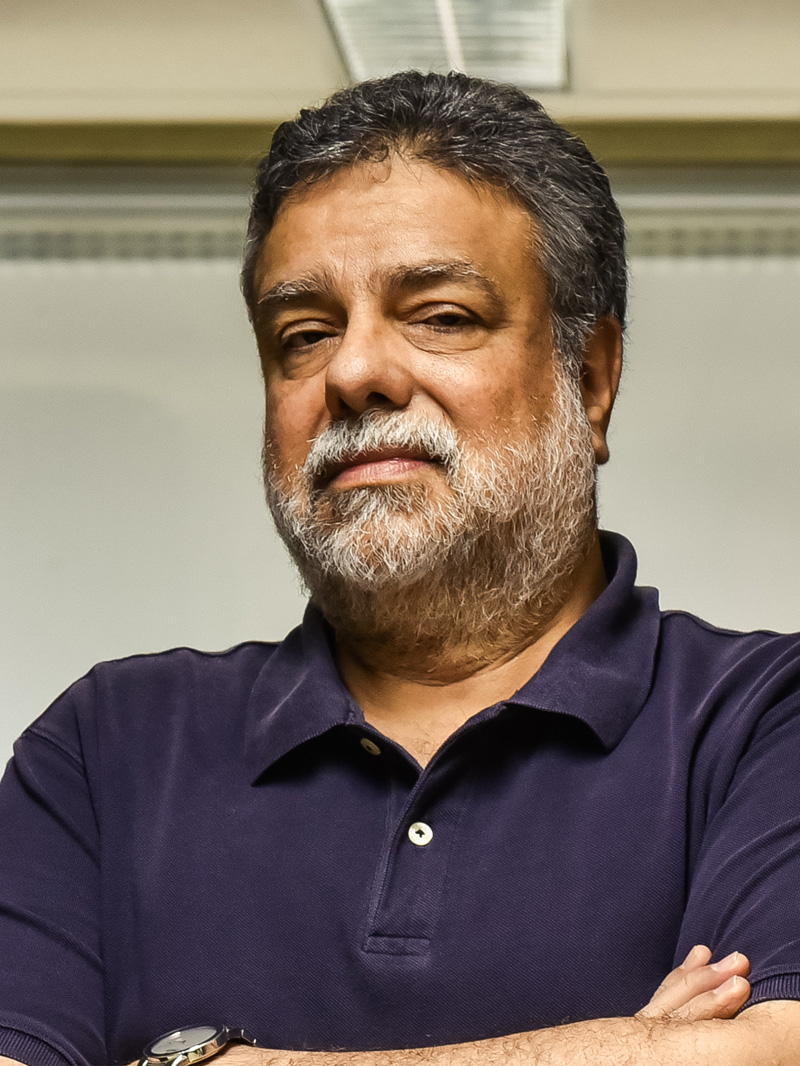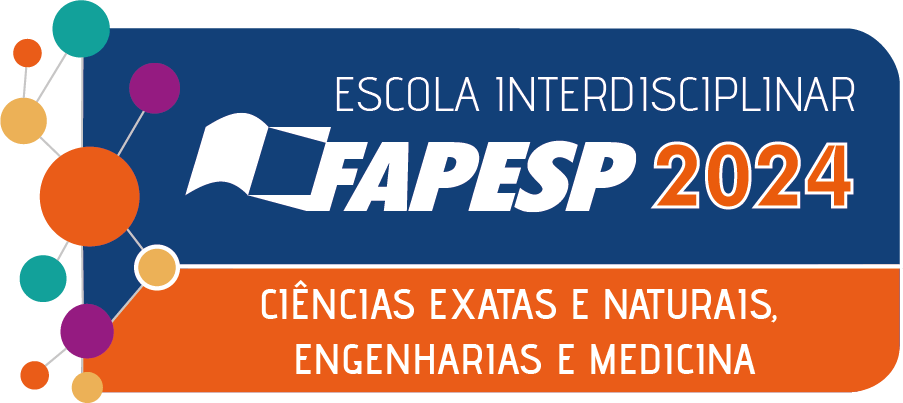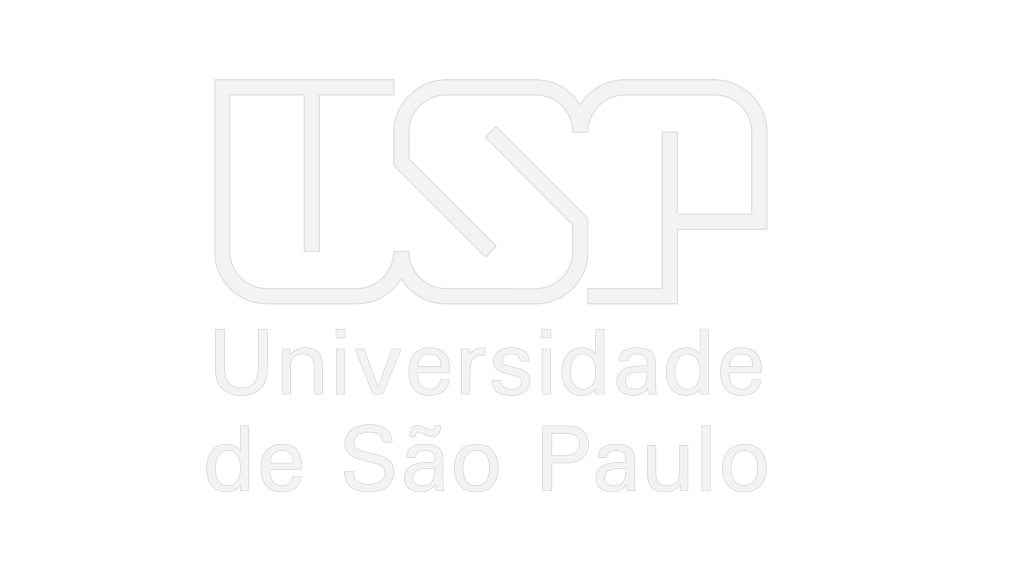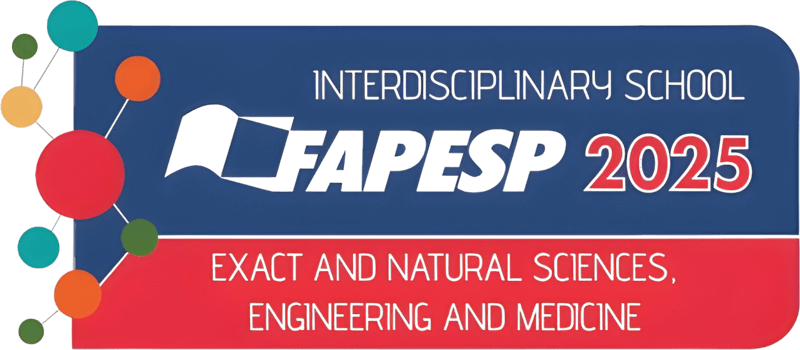Sergio Novaes

Sergio Novaes
Full Professor at São Paulo State University (Unesp)
Lecture
The Quest for the Building Blocks of Matter
In the past century, particle physics has revolutionized our understanding of the fundamental components of matter and the forces that govern their interactions. From the discovery of the electron and the atomic nucleus to the unveiling of quarks and leptons, the journey to map the subatomic world has been marked by both theoretical breakthroughs and cutting-edge experiments. This talk will take you through the key milestones in this odyssey, highlighting the discoveries that have shaped the Standard Model of particle physics, and culminating in the creation of the Large Hadron Collider (LHC) — the world’s most powerful particle accelerator. I will also explore the significance of the Higgs boson discovery in 2012, which confirmed the mechanism that gives mass to particles, and discuss the LHC’s ongoing search for new physics beyond the Standard Model. This talk will connect the implications of particle physics to broader scientific fields and showcase how collaborative efforts have expanded our understanding of the universe.
Minibio:
Prof. Sérgio Novaes is a Full Professor at São Paulo State University (Unesp), holding a Ph.D. in Physics from the University of São Paulo (USP). He has completed postdoctoral work at Lawrence Berkeley National Laboratory (USA) and held visiting positions at the University of Wisconsin (Madison, USA), University of Valencia (Spain), Fermilab (USA), and CERN (Switzerland). He leads the São Paulo group for the CMS Collaboration at CERN’s Large Hadron Collider.
As Principal Investigator of Thematic Projects supported by São Paulo Research Foundation (FAPESP) since 2003, Prof. Novaes has led the development of the São Paulo Research and Analysis Center (SPRACE). He launched GridUnesp, Latin America’s first campus grid, and serves as the Scientific Director of Unesp’s Scientific Computing Center. He is also the co-founder of the Advanced Institute for Artificial Intelligence (AI2).
Prof. Novaes and his group have spearheaded several high-impact R&D projects in collaboration with industry leaders like Intel, Huawei, and Padtec. Together with Caltech at the SuperComputing conferences, they set three world records in data transmission between the Northern and Southern Hemispheres. He has held numerous international and national leadership roles, including as a member of the Particles and Fields Commission of the International Union of Pure and Applied Physics (IUPAP), the CMS Collaboration’s Executive Board, and the International Doctorate Network in Particle Physics (IDPASC).
Prof. Novaes played a key role in Brazil’s negotiations to become an Associate Member of CERN as member of task force appointed by the Minister of Science and Technology. His commitment to science communication includes leading initiatives that distributed educational materials to 25,000 high schools across Brazil, significantly enhancing science education nationwide.

Participants
Organization and sponsorship

Collaboration



© 2024 – 2025 Escolas FAPESP. Developed by WebContent

